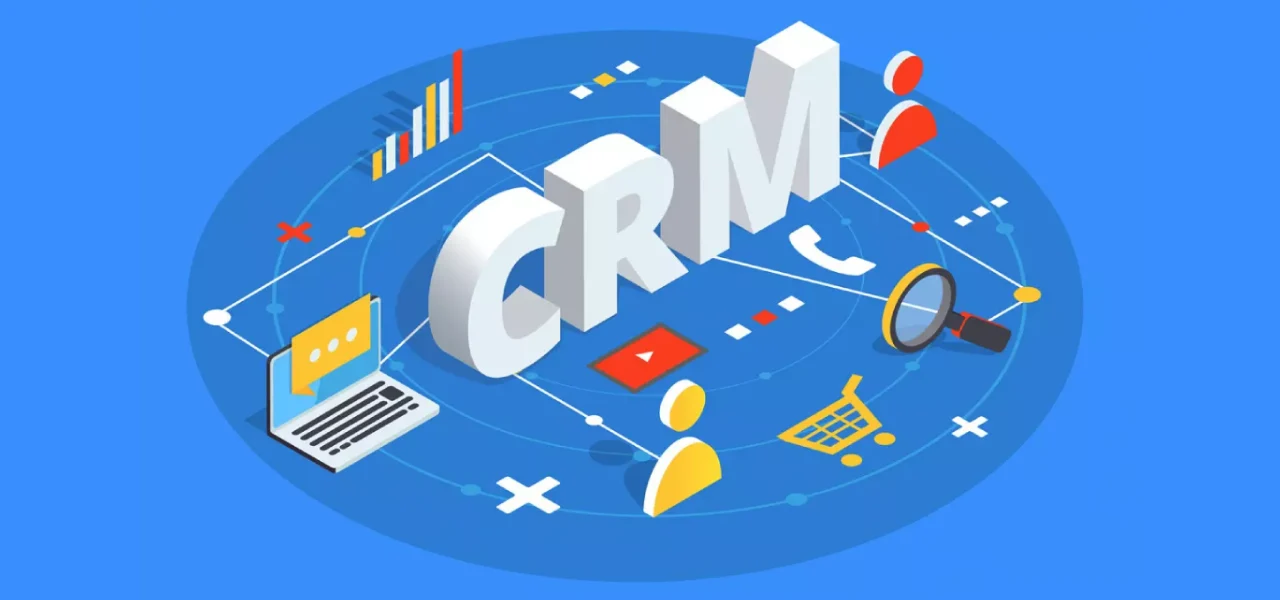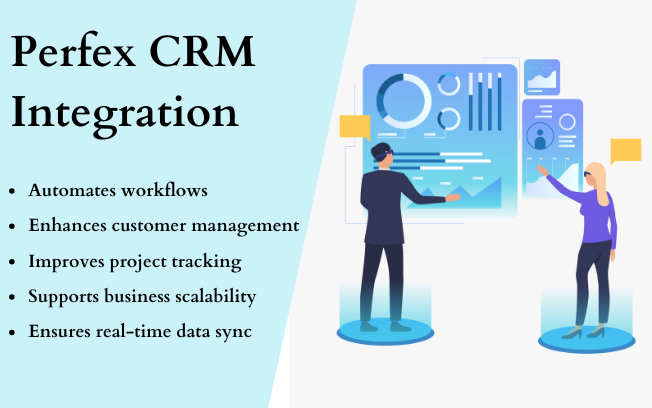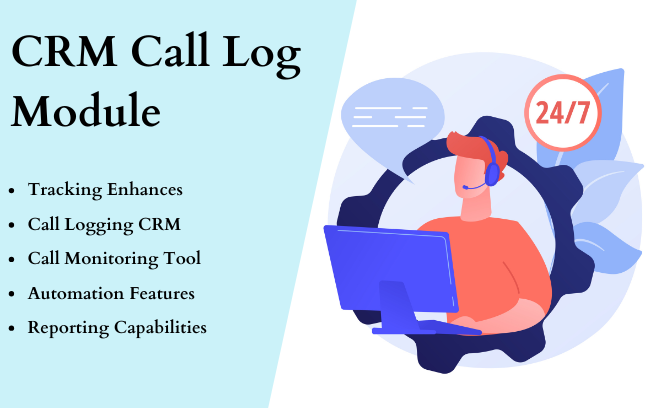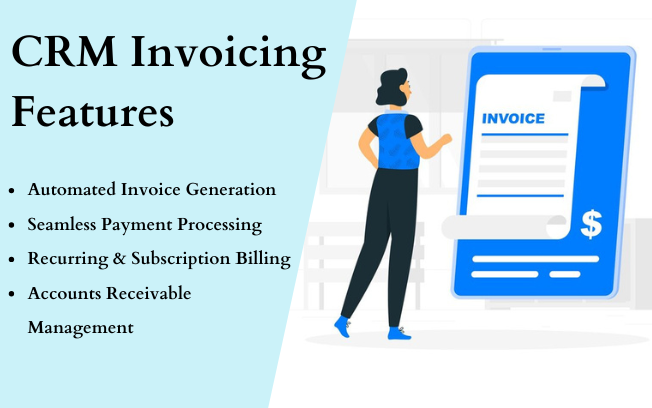CRM software solutions have become an indispensable tool for achieving this goal. In this comprehensive guide, I’ll walk you through the process of selecting the perfect CRM software to meet your specific business needs.
Understanding CRM Software Solutions

CRM software solutions encompass a wide range of applications designed to streamline and enhance interactions with customers and prospects. These solutions provide a centralized platform for managing your leads, customers, and all the associated data. The primary goal of CRM software solutions is to foster better customer relationships, which, in turn, leads to increased sales, improved customer satisfaction, and enhanced business efficiency.
Why Choose CRM Software?
Before delving into the selection process, it’s essential to understand the compelling benefits that CRM software can bring to your business:
Enhanced Customer Engagement
CRM software enables you to track and analyze customer interactions. This valuable data allows you to tailor your communication to address your customers’ needs and preferences effectively.
Streamlined Sales and Marketing
Efficient CRM software can automate various sales and marketing tasks, reducing manual work. This means your team can concentrate on more critical aspects, such as lead nurturing and strategy.
Data Centralization
CRM solutions centralize customer data, making it easily accessible to your entire team. This ensures that everyone has a 360-degree view of each customer, facilitating better decision-making and collaboration.
Improved Customer Service
With CRM, customer service agents can access the customer’s history quickly. This leads to quicker issue resolution and improved customer satisfaction, ultimately enhancing your brand’s reputation.
Types of CRM Software Solutions

When selecting CRM software for your business, you’ll encounter various types to choose from, each catering to specific aspects of your business operations:
Sales CRM
Sales CRM software focuses on managing and automating sales-related activities. It helps your sales team track leads, manage opportunities, and close deals more efficiently.
Marketing CRM
Marketing CRM solutions focus on automating marketing processes, including email campaigns, lead nurturing, and customer segmentation. These are ideal for businesses looking to improve their marketing strategies.
Service CRM
Service CRM software assists in managing customer service and support functions. It helps you track and resolve customer issues promptly, which is essential for businesses that prioritize excellent customer support.
Customizable CRM
Customizable CRM solutions allow you to tailor the software to your unique business needs. This flexibility is ideal if you have specific requirements that aren’t met by standard CRM systems, giving you a solution that perfectly fits your business.
Key Considerations for Choosing CRM Software

When selecting CRM software for your business, several crucial factors should influence your decision:
Assess Your Business Needs
Start by thoroughly assessing your specific business needs. Do you primarily need a sales-focused CRM, or is a more comprehensive solution necessary? Knowing your requirements is the first step in finding the right CRM.
User-Friendliness
Ensure that the CRM software is user-friendly, and your team can adapt to it with minimal training. A complex CRM system may lead to frustration and inefficiency.
Integration Capability
Check whether the CRM software can integrate with your existing systems, such as your email, marketing automation tools, or e-commerce platform. Seamless integration is vital for maintaining your existing workflows.
Scalability
Consider the long-term scalability of the CRM solution. As your business grows, your CRM software should be able to accommodate your evolving needs without requiring a complete overhaul.
Cost and Return on Investment (ROI)
Evaluate the costs associated with the CRM software, including implementation, training, and ongoing subscription fees. Measure these costs against the expected return on investment. A good CRM system should offer a clear path to a positive ROI.
How to Choose the Right CRM Software

Now that you understand the key considerations, let’s explore a step-by-step approach to selecting the right CRM software for your business:
Define Your Objectives
Begin by setting clear objectives for implementing CRM software. What specific goals do you want to achieve? Whether it’s improving sales, enhancing customer service, or streamlining your marketing efforts, defining your objectives will guide your choice.
Assess Your Budget
Determine how much you’re willing to invest in a CRM solution. Consider not only the initial cost but also ongoing expenses. Some CRM systems have subscription fees, so factor this into your budget planning.
Research and Shortlist Options
Research and create a shortlist of CRM software solutions that align with your objectives and budget. You can consult online reviews, ask for recommendations from other businesses, or even seek advice from CRM consultants.
Request Demos
Reach out to the CRM software providers on your shortlist and request demonstrations. This will help you get a feel for the user interface and features. During the demo, pay attention to the software’s user-friendliness and whether it meets your specific requirements.
Consider Integration
Ensure that the CRM software can integrate seamlessly with your existing systems, such as your email, marketing automation tools, and other business software. Integration is crucial for maintaining smooth operations.
Scalability and Customization
Evaluate the scalability of the CRM software. Can it adapt to your changing business needs over time? If customization is essential, ensure that the CRM system allows for it.
User Training and Support
Consider the availability of user training and support. Adequate training resources and responsive customer support can make a significant difference in how effectively your team can use the CRM system.
Data Security and Privacy
Data security is paramount. Ensure that the CRM software provider follows industry-standard security practices and compliance with data privacy regulations, especially if you handle sensitive customer information.
User Feedback
Seek feedback from potential users within your organization. Their insights and preferences can be valuable in making the final decision.
Trial Period
Whenever possible, opt for a trial period with the CRM software before making a commitment. This hands-on experience will allow you to assess how well the CRM system fits your business needs.
Conclusion
In conclusion, selecting the right CRM software solution is a crucial decision for your business. The right CRM software can transform your customer relationships, streamline operations, and boost your overall success. Take the time to assess your specific needs, consider the various types of CRM solutions available, and weigh the key factors in your decision-making process.




